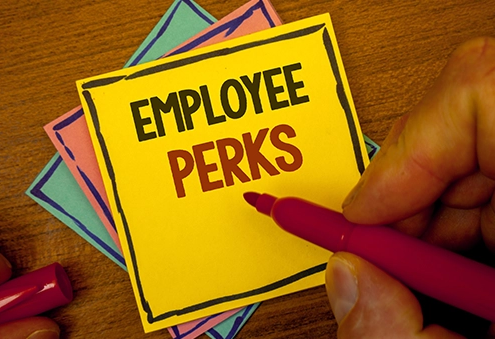Right rewards are key to UK’s world-leading multi-billion pound academic research programmes
Each year, the UK education sector boosts the UK economy by almost £120bn a year – and a big chunk of this comes from world-class research projects.
Russell Group universities alone deliver an estimated £34bn a year to the economy by carrying out studies in a vast array of areas – from medical trials to food standards and nutrition to behavioural studies.
Coverage of clinical trials reached new heights during the COVID pandemic when universities and pharmaceutical giants recruited volunteers to test lifesaving COVID vaccines – resulting in the fastest effective vaccine development programme ever.
However, post-pandemic the NHS has reported a 44% drop in participants in clinical trials from 50,000 in 2017 to about 28,000 in 2021. In response the Government has announced a £350m package of measures to get those numbers back up.
But changing the rules only makes it easier to get trials approved, populating them still requires volunteers.
Love2shop has worked with multiple UK universities for several years on incentive schemes, offering gift cards and vouchers as incentives to study volunteers. They have proved successful in helping to recruit willing participants.
A peer-reviewed academic study, published in 2022, looked at the pros and cons of incentive schemes for academic studies. It was a collaborative meta-analysis carried out by experts in universities in Michigan, California and Ohio in the US and Cairo and Alexandria in Egypt.
It focused on recruitment in so-called randomised control trials (RCTs). Examples of RCTs are clinical trials that compare the effects of drugs, surgical techniques, medical devices, diagnostic procedures or other medical treatments.
Introducing the study, the researchers said: “Recruitment plays a vital role in conducting RCTs. Challenges and failure of proper recruitment lead to early termination of trials.
“Monetary incentives have been suggested as a potential solution to these challenges. We aimed to do a systematic review and analysis to evaluate the effect of incentives on the number of participants willing to consent to and participate in RCTs.”
It focused on studies where the incentives were relatively small – typically below $200 – and concluded: “Our study shows a significant increase in the number of consents and response rate with monetary incentives. Even with a small amount of financial incentive, there were still significant improvements in the outcomes measured.
“In conclusion, our meta-analysis demonstrated statistically significant increases in the rate of consent and responses from participants when offered even small monetary value incentives.”
However, it is also important that researchers take steps to minimise the risk of bias in the outcomes of research projects as a result of incentives.
People receiving benefits may feel an obligation to give the researchers the results they think they are looking for. This is a particular risk in qualitative research studies (as opposed to quantitative) which often focus more on participants’ own experiences.
Similar to many other UK higher education institutions, the University of York has laid down a number of guiding principles in this area.
It states that participants and contributors to research are: “A valuable part of the research process whose time, effort and experience should be fairly compensated or rewarded, and that doing so is an integral part of conducting research.
“That public participants and contributors have a right to feel respected and appreciated in the research environment, and the fair compensation of such individuals is a step towards doing so.”
Addressing what it calls the ‘potential for perverse incentives’ the university says it is hugely important this is brought up directly with the participants at the start of the project.
“It is important that this is addressed as part of the ethical approval process,” it says. “The expectations of individuals should be communicated clearly. This includes the right to terminate involvement at any stage should they so wish.”
Love2shop is one of the most powerful gifting brands in the UK. Available as a physical voucher or gift card, or as a digital e-Gift Card which can be delivered by email, text or WhatsApp. Love2shop is accepted by more than 120 retailer brands.
These include well-known online and high street brands such as Marks & Spencer, Boots, Wilko, Iceland, Matalan, Argos, Costa, Harvester, Red Letter Days and many, many more.
From an initial enquiry, the Love2shop team can work with a university or other research organisation to create a bespoke, easy to administer, incentive programme that meets the needs of both the programme and its participants.
People who take part in studies are demonstrating a sense of civic duty. They are contributing to humanity’s wealth of knowledge and facilitating the approval of life-changing and lifesaving drugs.
It is perfectly appropriate to offer some kind of modest incentive or reward for people giving up their time to participate. However, simply offering cash may seem cold and purely transactional.
Gift cards, e-gift cards and vouchers, according to Love2shop, can hit that sweet spot. They feel more like a gift. Something offered as a gesture of appreciation.
In a major survey carried out by Love2shop in 2021, 13,000 people were asked about what they thought were the best rewards. The results were no surprise. They revealed people love choice and they love gift cards.
Love2shop and its higher education partners have come to appreciate the value of a well thought out incentives programme. It can play an important role in ensuring the UK remains a world leader in cutting-edge academic research.
Read our previous blogs…


